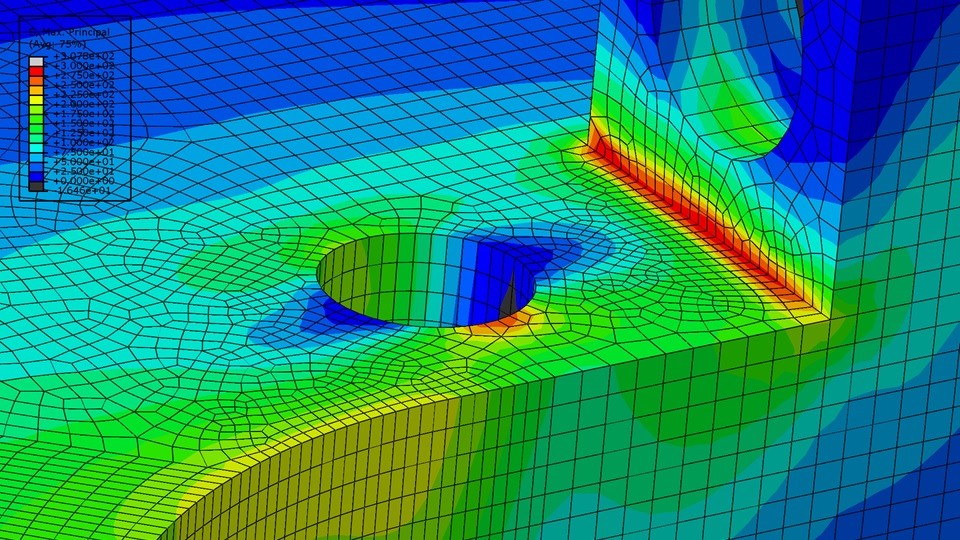Animal Feed Elemental Safety Test
The Animal Feed Elemental Safety Test is a critical component of ensuring food safety and compliance with international standards. This testing service involves the analysis of various elements present in animal feed samples to identify any potential harmful substances that could pose risks to livestock health or, indirectly, human health through the consumption of meat products derived from these animals.
The primary objective of this test is to detect trace levels of metals such as arsenic (As), cadmium (Cd), lead (Pb), mercury (Hg), and others that may be present in animal feeds due to contamination during production, storage, or processing. The presence of even minute amounts of these elements can have severe consequences if ingested by farm animals.
The methodology typically includes sample preparation where the feed samples are ground into fine powder using appropriate equipment followed by digestion with suitable acids like nitric acid (HNO₃) and perchloric acid (HClO₄). This process ensures that all elements within the matrix become soluble, allowing for accurate quantification through subsequent analytical techniques.
For this specific test, we utilize advanced instrumentation including Inductively Coupled Plasma Mass Spectrometry (ICP-MS), which offers high sensitivity and selectivity necessary to detect low levels of trace metals. The ICP-MS system operates by introducing the sample into a plasma torch where it gets vaporized before being ionized in the plasma. These ions are then extracted from the plasma and accelerated through a mass analyzer, enabling precise determination based on atomic weights.
The results obtained from this test serve multiple purposes including regulatory compliance verification, quality assurance programs, research projects aimed at improving feed formulations, and addressing consumer concerns about product safety. By providing accurate data regarding elemental content in animal feeds, our service helps stakeholders make informed decisions that contribute to safer agricultural practices and healthier livestock populations.
Moreover, this testing procedure plays a vital role in supporting sustainability initiatives by promoting responsible use of resources and minimizing environmental impacts associated with improper handling or disposal of potentially harmful materials. Compliance with international standards such as ISO 17025 ensures reliability and consistency across different laboratories performing similar tests worldwide.
- Why Choose This Test?
- To ensure compliance with EU regulations on maximum permissible limits for heavy metals in animal feed.
- To safeguard against contamination from industrial pollutants that might enter the food chain via agricultural practices.
In conclusion, conducting an Animal Feed Elemental Safety Test is not just about meeting legal requirements but also about protecting public health and fostering sustainable agricultural systems. Our laboratory adheres strictly to best practices outlined in relevant international standards like ISO 17025, ensuring accurate and reliable results every time.
Eurolab Advantages
At Eurolab, we pride ourselves on delivering exceptional quality services backed by decades of experience in the field of analytical chemistry. When it comes to Animal Feed Elemental Safety Testing, our expertise lies in combining cutting-edge technology with meticulous attention to detail.
- Accurate and Reliable Results: We employ state-of-the-art ICP-MS equipment capable of detecting extremely low levels of elements, ensuring precision and accuracy.
- Comprehensive Reporting: Our reports are detailed and easy-to-understand, providing clients with all necessary information to make informed decisions.
- Strict Compliance: All our tests adhere strictly to international standards like ISO 17025, guaranteeing reliability and consistency across different laboratories worldwide.
We understand the importance of this service in maintaining high standards of animal health and welfare while also contributing towards broader sustainability goals. With us, you can rest assured that your samples will be handled with care and professionalism throughout their journey at our facility.
Why Choose This Test
- To comply with stringent EU regulations governing maximum permissible limits for heavy metals in animal feed.
- To protect against contamination from industrial pollutants that might enter the food chain via agricultural practices.
- To ensure consumer confidence and trust by providing transparent information about the safety of products derived from treated animals.
- To support research efforts aimed at developing safer, more efficient feeds for livestock.
By choosing our Animal Feed Elemental Safety Test service, you are investing in a robust quality assurance program that aligns with global trends towards safer agricultural practices and healthier food chains.
Environmental and Sustainability Contributions
The importance of conducting thorough elemental safety tests on animal feed cannot be overstated, especially considering its broader implications for environmental sustainability. By preventing the introduction of harmful elements into the food chain, we contribute significantly to reducing pollution levels both at farm level and beyond.
- Reduction in Agricultural Pollution: Ensuring that feed does not contain excessive amounts of contaminants helps minimize soil, water, and air pollution associated with improper management practices.
- Sustainable Resource Use: The accurate identification and removal of unwanted elements enable more efficient use of resources throughout the entire production cycle.
In addition to these direct benefits, conducting such tests fosters a culture of responsibility among all stakeholders involved in agricultural processes. This collective effort towards safer practices ultimately leads to healthier ecosystems and communities.





